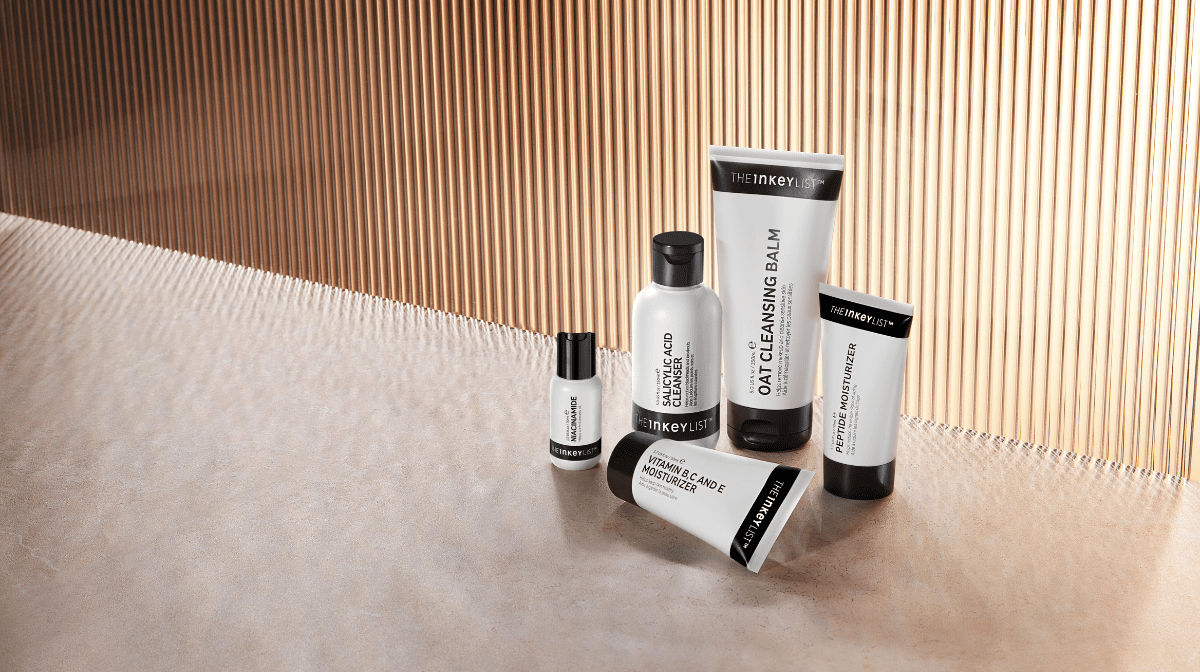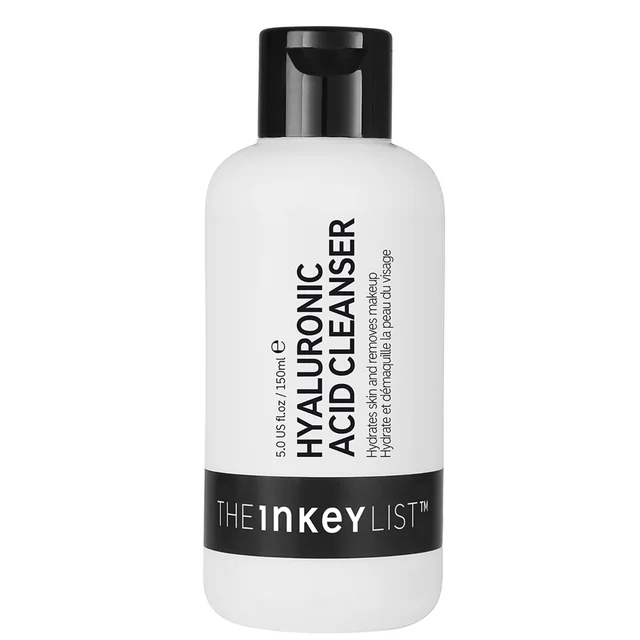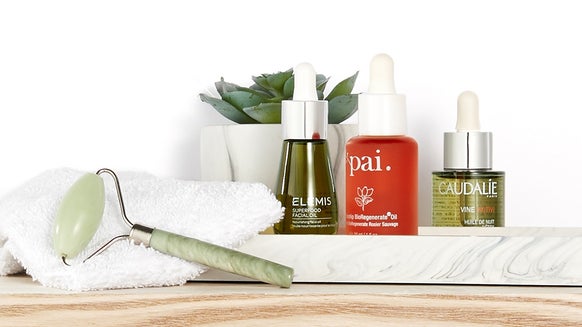The skincare steps you really need in your regime

What are the fundamental steps in a good skincare routine?
“A good skincare routine can vary depending on an individual person’s needs,” says Ray. “But generally, a solid and basic routine should include a cleanser, hydrator and sunscreen. These three steps form the perfect simple but effective skincare recipe.”
However, as skin concerns vary from person to person, Ray notes that sometimes a minimalistic skincare regime needs a little support: “While a three-step routine is a great foundation, you can always expand your routine to address more specific concerns like blemishes, pigmentation or signs of ageing. It’s essential to tailor your routine to your skin type and concerns, while being consistent and patient with your products. Results take time.”
What are the benefits of a stripped-back skincare routine?
“A complex skincare routine with numerous steps can be time-consuming and difficult to maintain consistently, especially if you are new to having a skincare routine,” explains Ray. “Having a basic skincare routine allows you to gradually introduce new products or steps if needed based on your skin’s needs. You can then monitor how your skin responds to your new addition and adjust accordingly.”
Ray also shares how too many steps in your routine can actually cause your skin more harm than good.
“Overloading your skin using multiple products with various active ingredients can be overwhelming. It’s hard to resist the urge to try all your new skincare products at once (I know, I’ve been there!) but in doing this, it becomes difficult to determine which one (if any) is causing the negative response or if it’s a combination of ingredient interaction.”
Could every skin type benefit from a stripped back routine?
Not sure if a low-maintenance routine would suit you? Turns out minimalism is for everyone!
“Every skin type can benefit from a stripped back routine. Simplifying your skincare routine can minimise irritation, allow your skin to maintain a healthy barrier and can prevent ingredient interactions or overloading.”
What are the essential steps you'd recommend as part of a standard basic skincare routine?
1) Cleansing
2) Hydrate
3) Protect














